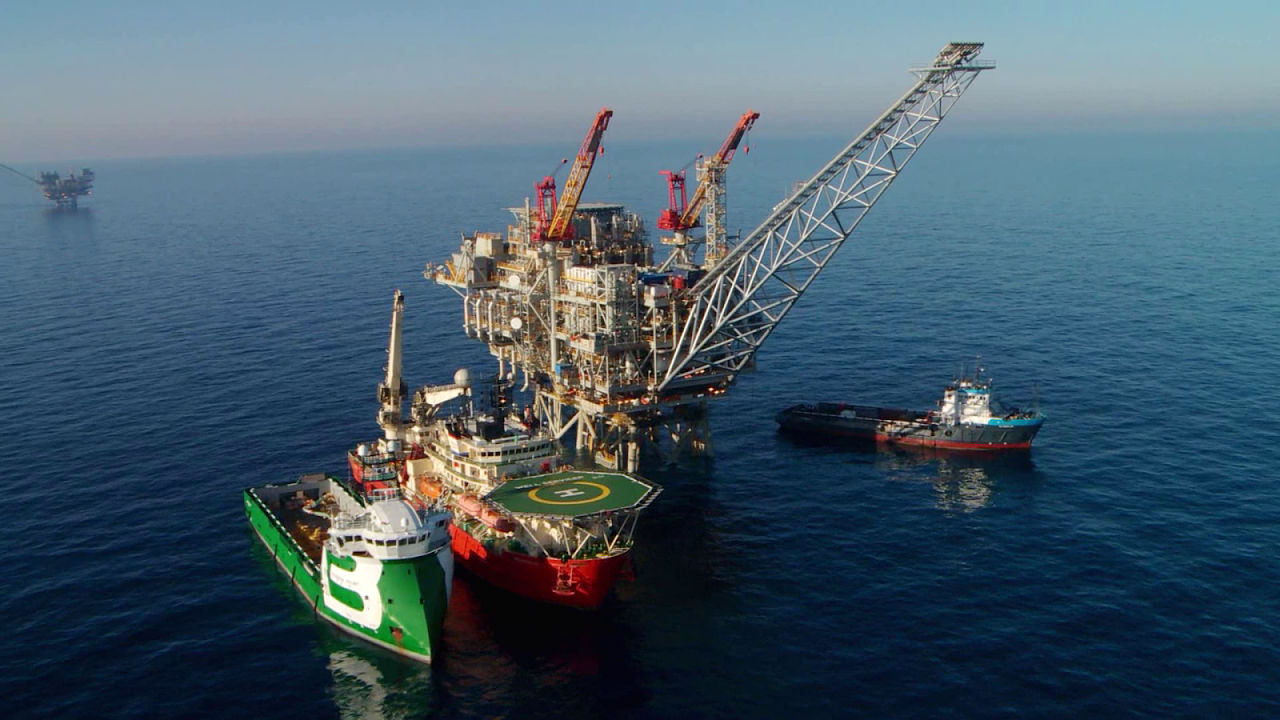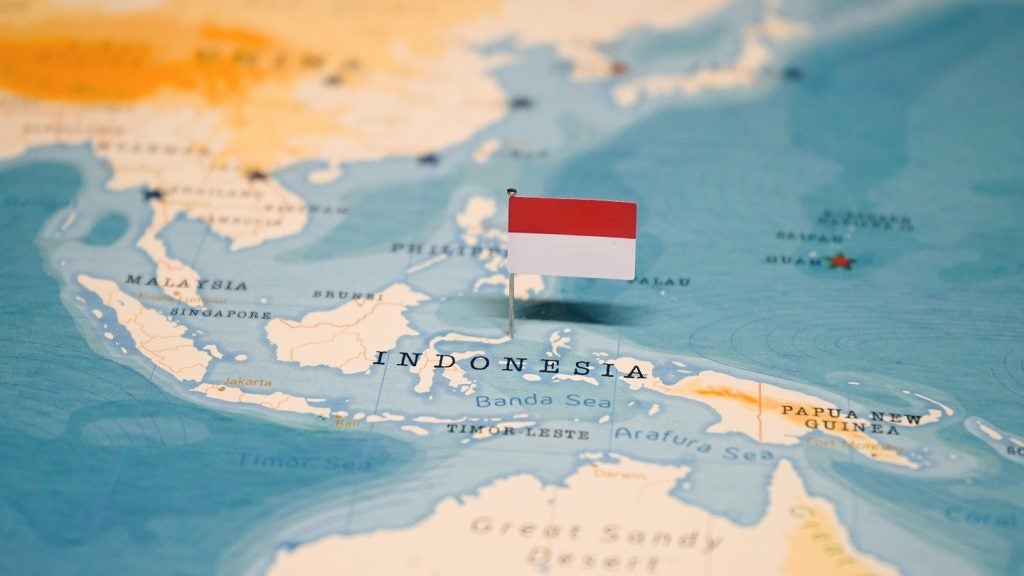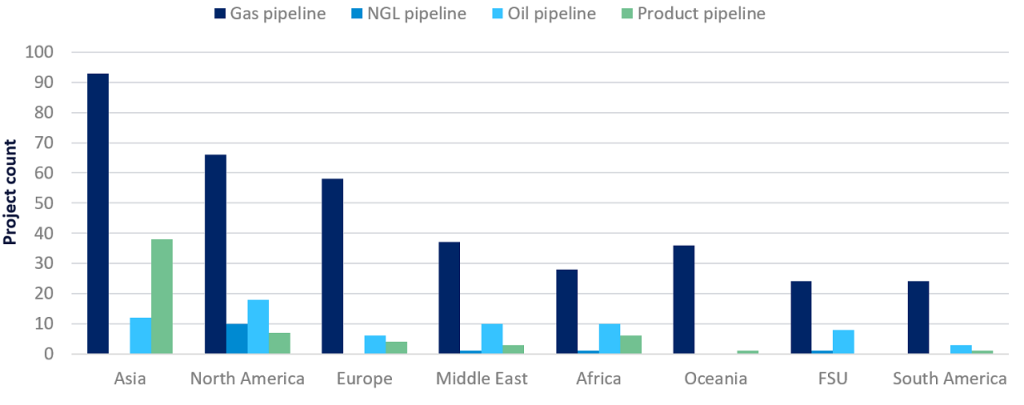
Unlike the Gulf of Mexico or the North Sea, the Mediterranean Sea has always been better known for stunning climate, cuisine and a booming tourism trade than offshore oil and gas. But as ‘easy oil’ becomes an increasingly rare prospect and as productivity in mature regions such as the North Sea continues to decline, exploration firms are pushing their search for hydrocarbons into deeper waters and in territories that previously hadn’t been considered. In that context, oil and gas resources in the Mediterranean have become more attractive in the last decade, pulling in investment like never before.
“Oil companies have taken great risk, and at great expense, venturing into the deep waters of the south Atlantic and east Africa over the last several years to test unproven plays, with mixed results,” Energean Oil & Gas business development manager Hank David in 2014, extolling the virtues of the Adriatic Sea in particular. “Here is an area of political stability, in the heart of the European market, with abundant new acreage availability.”
While several Mediterranean offshore regions are attracting explorers, it is in the east that some of the biggest hydrocarbon discoveries of the last decade have been made. Huge gas finds in Israeli, Cypriot and Egyptian waters have seen industry eyes swivel to the Levant Basin in the eastern Mediterranean Sea, which, according to a 2010 estimate by the US Geological Survey, could hold as much as 122 trillion cubic feet (tcf) of natural gas in total, equivalent to the reserves of Iraq.
But as much as these discoveries have driven speculation on how gas markets might be changed and what export and energy benefits might accrue for the countries involved, they have also fuelled territorial tension that has, at times, threatened to destabilise a region already riven by conflict.
This timeline brings together some of the most important milestones in the development of offshore gas projects in the eastern Mediterranean.
January 2009: Tamar discovery kicks off gas rush
How well do you really know your competitors?
Access the most comprehensive Company Profiles on the market, powered by GlobalData. Save hours of research. Gain competitive edge.

Thank you!
Your download email will arrive shortly
Not ready to buy yet? Download a free sample
We are confident about the unique quality of our Company Profiles. However, we want you to make the most beneficial decision for your business, so we offer a free sample that you can download by submitting the below form
By GlobalDataThe discovery of gas at the Tamar field, located in Israeli waters 90km west of the port city of Haifa, brought a new scale to the oil and gas industry in the eastern Mediterranean. The field’s reserve estimates were raised from 3.1tcf before drilling to 5tcf after flow testing of the first appraisal well in February 2009, and then revised up again to 6.3tcf after the second appraisal well was drilled. By the time the field entered full production in 2013, reserves were estimated at 10tcf.
The largest-ever gas find in the eastern Med to that point was also the largest discovery made by operator Noble Energy, which led the project alongside a consortium of Israeli partners, and a new energy dawn for Israel, whose only previous source of offshore gas production was the shallow-water Mari-B field (also operated by Noble Energy). According to Noble, Tamar today supplies 60% of Israeli power generation, underlining the stakes involved in developing hydrocarbons in the region.
August 2010: Lebanon drops Tamar/Leviathan claim, but tension remains
Territorial disagreements have existed in the eastern Mediterranean for decades, but the gas discoveries at the Tamar and, subsequently, Leviathan fields, has brought them into focus. Israel and Lebanon, in particular, have exchanged sharp words over maritime sovereignty issues.
In August 2010, Lebanon submitted a proposal for the maritime border with Israel, endorsed by the US, which excluded the Tamar and promising Leviathan developments, despite having previously argued that around 30% of the field lay in its territory. That defused the potential for an immediate flare-up between the two countries, but tension remains to this day, with Israel contending earlier this year that an offshore area targeted for exploration by Lebanon falls inside its borders, a move that Lebanese Parliament Speaker Nabih Berri described as “a new attack on Lebanon’s sovereignty”.
December 2010: Leviathan trumps Tamar
As significant as the Tamar find was, it was dwarfed by the subsequent discovery at the Leviathan gas field, 29km south-west of Tamar, less than two years later. According to Noble Energy, which once again spearheaded the exploration and now leads the team developing the project, the field contains 22tcf of recoverable natural gas.
Development of the discovery is ongoing, with the first gas deliveries expected by the end of 2019. Noble has adopted a phased approach for the project’s development, with the first phase set to include four subsea wells, each capable of flowing upwards of 300 million cubic feet per day of gas.
December 2010: Israel and Cyprus agree maritime border
While tensions flared with Lebanon over hydrocarbons in the Levant Basin, by the end of 2010 Israel had hammered out an accord demarcating maritime borders with Cyprus. The deal had naval security implications, and set an official separation of Cypriot and Israeli hydrocarbon reserves; Cyprus had already done the same with Egypt and Lebanon in 2003 and 2007, respectively.
Turkey was less pleased with the agreement, considering Cyprus’s border agreements invalid due to the unacknowledged claims of the self-declared Turkish Republic of Northern Cyprus, which is recognised only by Turkey.
December 2011: Cyprus joins the club with Aphrodite discovery
Despite the strong words from Turkey, the maritime border agreement with Israel paved the way for Cyprus to press on with a drilling programme at the Aphrodite gas field in block 12 of its exploratory drilling zone, which it had licenced to – you guessed it – Noble Energy in 2008.
Drilling at block 12 began in September 2011, without incident or provocation from Turkey, and Noble announced the discovery in December of the same year. With an estimated gas reserve of 4.2tcf, the Aphrodite field completed the exploration hat-trick that has earned the company its leading position in the eastern Mediterranean. The company says it is still working with the Cypriot government on a final field development plan, but the most recent proposal, according to Israeli stakeholder Delek Drilling, involves five initial production wells with a combined output of up to 800 million cubic feet per day.
August 2015: Eni’s record-breaking Zohr find
Italian supermajor Eni made huge waves in 2015 with a record-breaking discovery at Zohr field in block 9 of 15 exploration zones that Egypt put up for tender in 2012. With more than 30tcf of potential gas resources, Zohr is thought to be significantly larger than Leviathan and now holds the title of the largest-ever gas discovery in the Mediterranean.
If Zohr’s potential reserves are realised, it will almost double Egypt’s gas reserves and serve as an important lynchpin for the country’s economy and energy system. Egyptian gas production has fluctuated in recent years due to political instability and flagging upstream investment, dipping from net exporter to net importer while domestic energy demand has continued to climb year-on-year. Zohr should bolster the country’s energy security and help entice further offshore investment. Eni reached a final investment decision on Zohr in February 2016, and production from the project’s first phase will start from the end of 2017, Eni has said.
December 2016: Total, Eni, BP ink Egypt exploration deals
December 2016 brought a testament to the Zohr discovery’s ability – along with other discoveries in the West Nile Delta – to draw further investment offshore, with three separate exploration agreements signed between Egypt and Total, BP and a subsidiary of Eni, worth a total of $220m.
All three of these oil giants have looked to expand their presence in the eastern Mediterranean since the Zohr discovery. “In 2016-17 we’re investing more money in Egypt than any country in the world,” said BP chief executive Bob Dudley in February, after BP acquired a 10% stake in the Zohr field from Eni.
February 2017: Noble approves Leviathan Phase I plan
In February this year, nearly seven years after making the discovery Noble Energy approved the $3.75bn first phase of the Leviathan development project. Volatile energy prices, regulatory reform in Israel and drilling issues made the road to a final investment decision a long one for the scheme, which is being reported as Israel’s largest-ever infrastructure project.
The first phase will bring four production wells online, and also involves the construction of subsea pipes to carry the gas, via a processing platform to Israeli and Jordanian customers. Exploratory drilling also continues. Further phases of the project will see Leviathan’s gas transported and sold further afield, with customers being sought in Turkey and Europe.
October 2017: Lebanon completes first offshore licencing round
Lebanon’s long-delayed attempt to get started on exploratory drilling of its own finally came to fruition in January, when a tender for exploration rights was re-launched. That tendering process ended in October, with a consortium comprising Eni, Total and Russian gas firm Novatek the only bidder. The partners offered bids on two blocks.
The fruits of the licencing round were thrown into doubt in early November when Lebanon’s Prime Minister Saad al-Hariri announced his resignation, sparking a political crisis that, at the time of writing, has not been resolved despite Hariri recently agreeing to put his resignation on hold to allow for consultation. Several days after the announcement of the PM’s resignation, Energy and Water Minister Cesar Abi Khalil urged bidding companies to continue technical discussions, in spite of the disruption.






